(kontumtv.vn) – Recently, many provinces and cities have seen cases and outbreaks of whooping cough after a long period of no cases recorded. This is a disease that is easily spread through the respiratory tract, causing dangerous complications for young children.
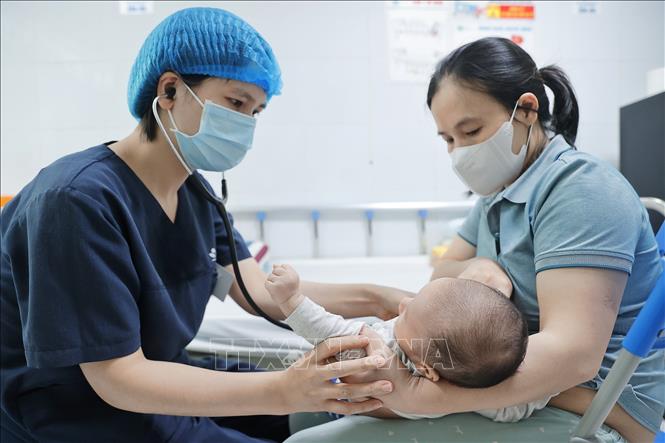
The epidemic is increasing in many localities.
In Hanoi , the number of whooping cough cases has been increasing in recent weeks. For example, last week, Hanoi recorded 20 cases of whooping cough, bringing the total number of cases since the beginning of the year to 193; while in the same period in 2023, Hanoi recorded no cases of whooping cough. Whooping cough pathogens have been recorded sporadically in 29 districts, towns and cities of the City.
In Quang Ngai , the province is also urgently implementing the work of preventing and controlling whooping cough, preventing the disease from spreading widely when scattered cases have been recorded. Whooping cough is reappearing while from 2020 to now, the locality has not recorded any cases of whooping cough. Therefore, as soon as cases were detected, the province has drastically implemented measures to prevent and control whooping cough; promptly detecting early cases and suspected cases for isolation, treatment and timely containment and handling of outbreaks.
In Ho Chi Minh City, dozens of cases of whooping cough have been recorded, with cases recorded and hospitalized at medical facilities. Of the cases, 90% are in children under 5 years old; children with whooping cough all have mothers who have not been vaccinated or have an unknown history of whooping cough vaccination. Many cases have serious complications such as: having to breathe oxygen through a nasal cannula, pneumonia, bronchiolitis...
Explaining the recent increase in whooping cough cases in many localities, Associate Professor, Dr. Tran Dac Phu, former Director of the Department of Preventive Medicine (Ministry of Health) commented: “The recent increase in whooping cough cases is due to a decrease in vaccination rates against this disease. Recently, there has been a shortage of vaccines, and some cases have not been vaccinated. Especially during the COVID-19 pandemic, the implementation of vaccination services has decreased, and especially recently there has been a shortage of 5-in-1 vaccines in the Expanded Immunization Program for children, causing whooping cough to return.”
According to Associate Professor, Dr. Tran Dac Phu, this is not unusual because the cause is known to be vaccination. In the past, when children were fully vaccinated, this epidemic rarely occurred.
The Ministry of Health also stated that the whooping cough situation in some provinces and cities is becoming complicated. The Ministry of Health has requested provinces and cities to develop plans to prevent and control measles and whooping cough in their localities; to prevent cross-infection in medical facilities and to promote vaccination activities.
Vaccination to create immunity to prevent disease
According to a representative of the Hanoi Center for Disease Control, whooping cough is especially dangerous for young children and can cause serious complications if not treated promptly.
The most effective way to prevent the disease is to vaccinate children. Currently, there is a vaccine for whooping cough and it is being implemented in the Expanded Immunization Program. Vaccines containing whooping cough are given to children from 2 months of age. Therefore, to prevent the disease in children, parents need to pay attention to the vaccination schedule to get their children vaccinated fully and on schedule.
For children under 2 months of age who are not old enough to be vaccinated against whooping cough, they can still receive passive immunity from their mother's antibodies transmitted through the placenta. Therefore, not only young children, but pregnant mothers also need to be vaccinated with a vaccine containing whooping cough during pregnancy to provide immunity for their children in the first days of life.
Along with vaccination, to reduce the risk of whooping cough in children, disease prevention and hygiene must also be ensured, such as: Maintaining personal hygiene by washing hands regularly with soap and clean water, especially after coughing or sneezing; teaching children to cover their mouth and nose with a tissue or elbow when coughing or sneezing.
In families, it is necessary to clean the house, especially the surfaces that children often come into contact with such as toys, tables and chairs. Ensure the living space is airy, has sunlight and fresh air.
For children, parents need to pay attention to providing them with a balanced diet, rich in vitamins and minerals to strengthen the immune system to prevent disease.
In particular, parents need to observe and monitor their children's symptoms. If the child shows signs of severe coughing, difficulty breathing, or high fever, they should be taken to a medical facility for timely examination and treatment.
– 1st dose: Injected when the child is 2 months old.
– 2nd dose: 1 month after the 1st dose.
– 3rd dose: 1 month after the second dose.
– 4th dose: When the child is 18 months old.
Mothers can get the combined tetanus-diphtheria-pertussis (Tdap) vaccine during pregnancy.
Source: https://kontumtv.vn/tin-tuc/van-hoa-the-thao/canh-giac-voi-dich-benh-ho-ga








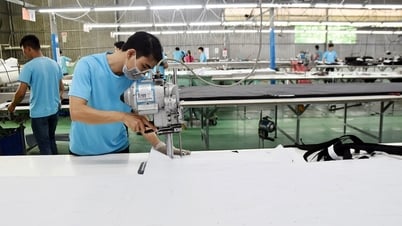



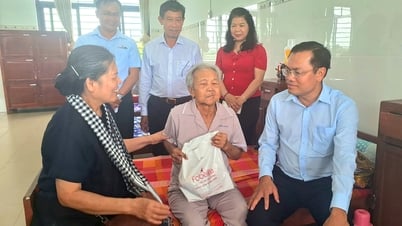























































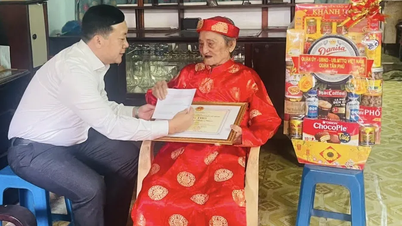

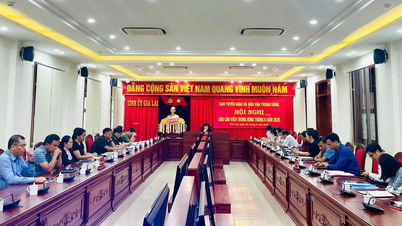











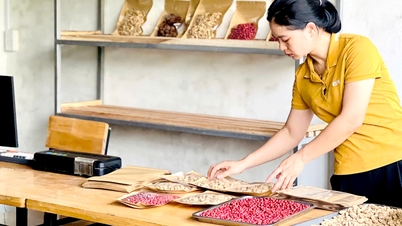






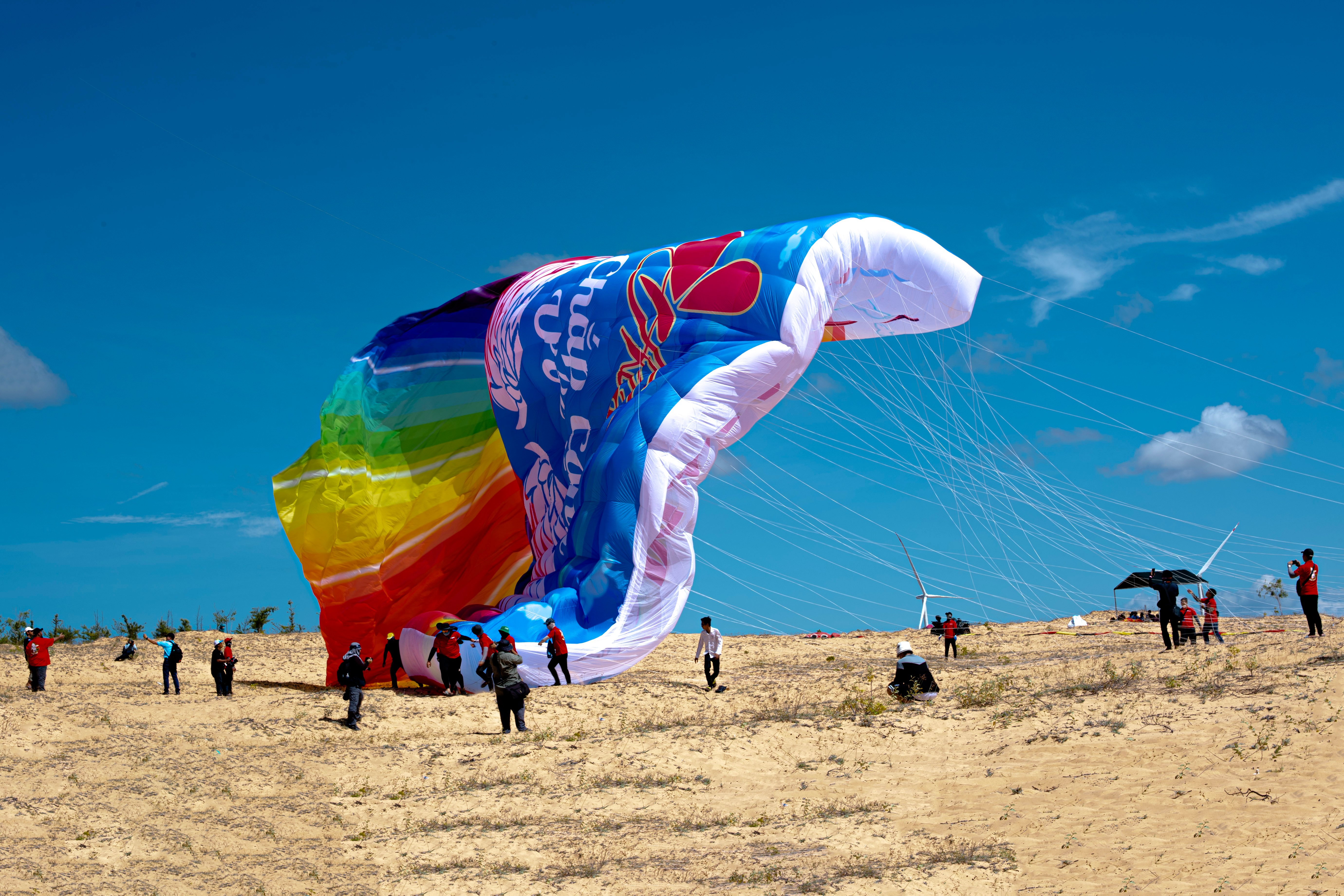



Comment (0)